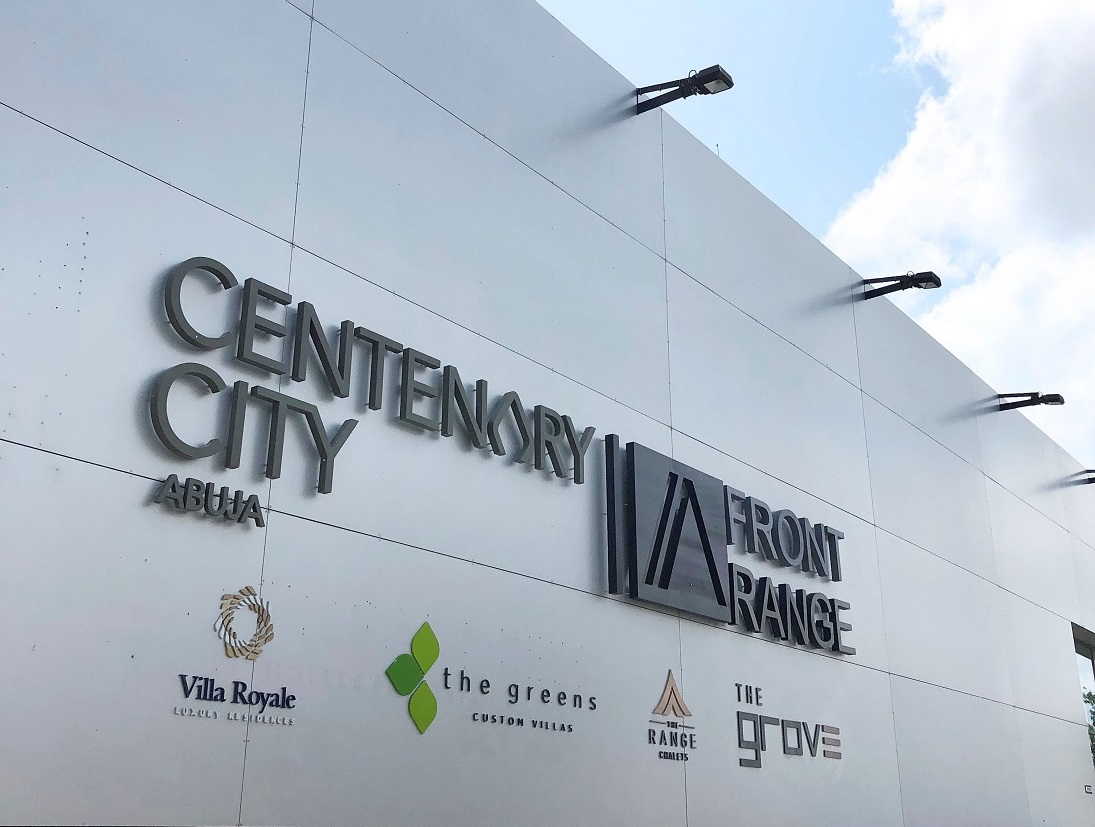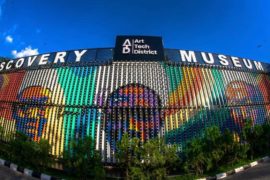Cities are known to be large human settlements. Defined as a permanent and densely settled place with administratively defined boundaries, cities generally have extensive systems for housing, transportation, sanitation, utilities, land use, and communication.
So, the prospect of urban innovation excites the imagination, even more, the dreaming of what a “smart city” will look like in some gleaming future, and is by its nature an exciting innovative gesture.
That’s the case for the Centenary City underway in Nigeria’s Federal Capital Territory. It is one of many gigantic projects that Nigeria will witness in years to come, a plan to make Abuja one of the future smart cities around the world.
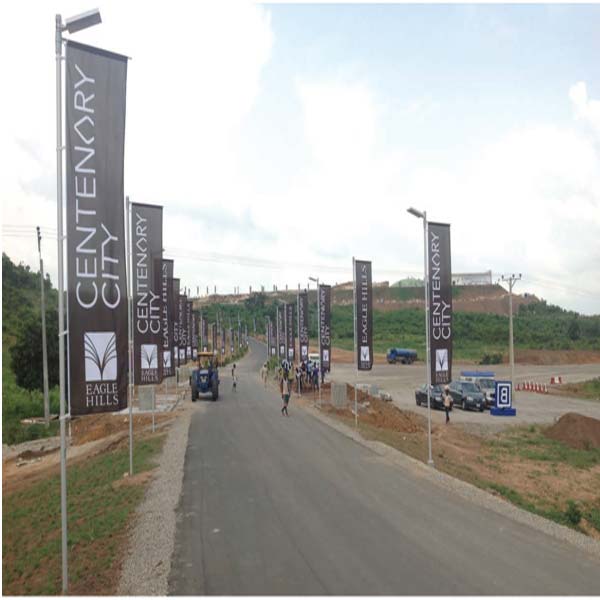
The concept for the Centenary City was conceived as a legacy project to mark the 100-year anniversary of Nigeria on January 1, 2014. It has been delayed because it’s purely driven by private investment. It’s a master-planned city that is part of Nigeria’s vision to create a city of the future along the same lines as Dubai and Singapore.
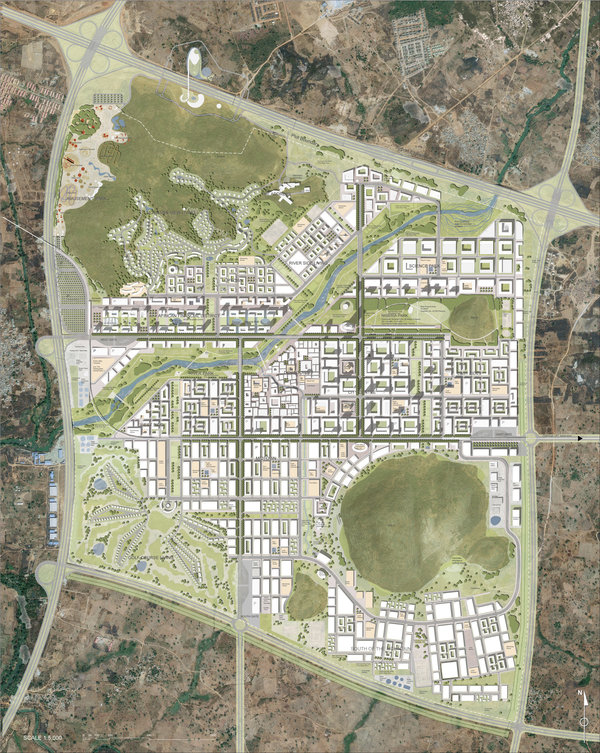
The developers say it will be built from scratch on 1,260 hectares of virgin land located several kilometers Southeast of Abuja, and five kilometers away from the International Airport.
“If you are a regular traveler to cities like Dubai or New York City, then you will know that Abuja is becoming a replica of these cities anytime soon in the future. The city when completed would be one of the famous in Africa” Sharon Chukuobasi, a business tycoon said.
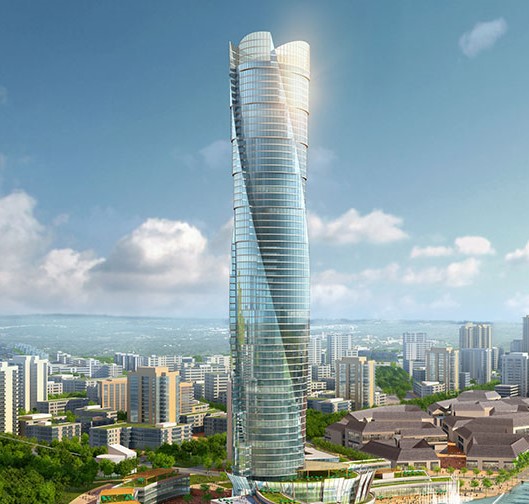
She said the prospect of any country to become a smart city is in the dynamism of its economy and urban planning.
“Like Dubai, Centenary City will not only be a city, but an economic hub for a global connect.” Bassey Ubom, a Professor of Development and Advanced Studies said.
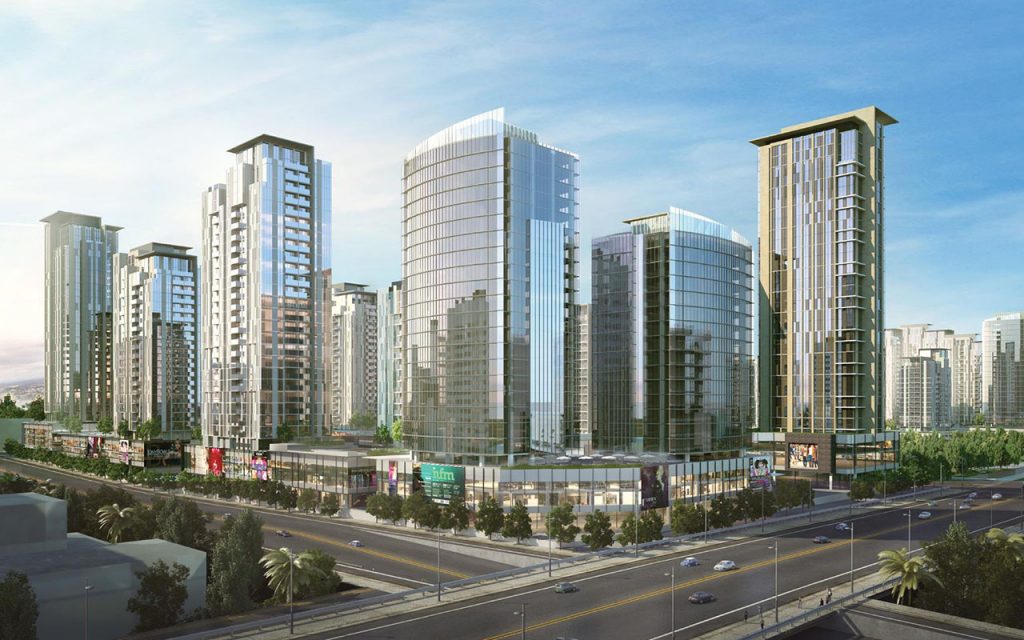
“Such a gigantic project holds a lot of prospects for the country when completed,” he added.
According to the Education National Geographic, there are seven types of global cities around the world;
- Global Giants – these are extremely large, wealthy metro areas that serve as hubs for financial markets and major corporations, and serve as key nodes in global capital and talent flows. There are six global giants: New York, Los Angeles, Tokyo, Osaka, Paris, and London.
- Asian Anchors – These cities are command centers in fast-growing Asia, drawing on their infrastructure connectivity and talented workforces. There are six Asian anchors: Beijing, Hong Kong, Seoul, Shanghai, Singapore, and Moscow. Asian anchors dominate other cities in terms of foreign direct investment.
- The Emerging Gateways – These are transportation and economic entry points for major regional markets. Emerging gateways include Mumbai, Mexico City, and Istanbul. Emerging gateways are often clustered in developing regions, with the lowest GDPs per capita, on the list.
- Factory China – cities distinctly reliant on export-intensive manufacturing to power economic growth and global engagement. Factory China cities include Chengdu, Qingdao, and Zhengzhou. Factory China cities are among the fastest-growing on the list.
- Knowledge Capitals – These cities are highly productive innovation centers with talented workforces and elite, tech-driven research universities. Knowledge capitals include San Jose, Seattle, and Stockholm. Not surprising, knowledge capitals dominate the innovation and education sectors of the report.
- American Middleweights – These cities are relatively wealthy and house strong universities and other anchor institutions. American middleweights include Miami, Charlotte, and Sacramento.
- International Middleweights – These cities are globally connected by people and investment flows. International middleweights include Sydney, Toronto, and Berlin.
However, Abuja, as one of the emerging cities, will claim her place among the super megacities around the world in no distant future.
Glancing through Centenary City
The City will have the following:
- A mixed-use urban center
- A central business district
- A financial center
- A museum
- A cultural center to help promote African and global arts
- World-class hotels
- Grade A offices
- Residential districts
- An 18-hole golf course, polo, and country club
- An international convention center
- Sports and leisure facilities
- A safari Park
- Educational institutions
- Healthcare and community amenities
- 260 luxury villas
- 256 apartments building
- 13 waterfront retail areas
- 139 office buildings
- 313,697 square meter hotel suites and serviced apartments
- 30 floors of luxury apartments
A section of the 1,262-hectare smart city has been earmarked for former Nigerian Presidents to use as their libraries and archives.
There will be a signature infrastructure called Buhari Tower, named after President Muhammadu Buhari, within the Centenary City Project.
The Buhari Tower is designed mainly for low-income earners. A representative of one of the co-developers, Al-hassan Dantata, says that civil servants, workers, and other Nigerians with legitimate sources of livelihood could latch on to the golden opportunity of owning luxury and affordable houses that will spring up soon in the city.
According to the developers, the project is going to create 250,000 daily jobs and at least 140,000 residences.


